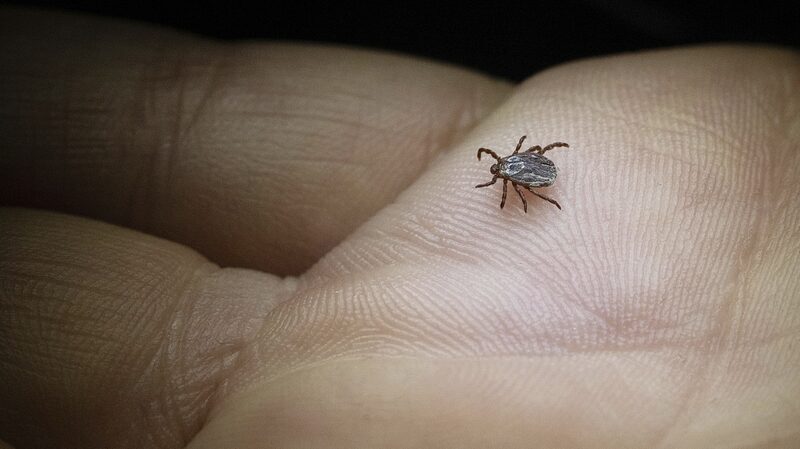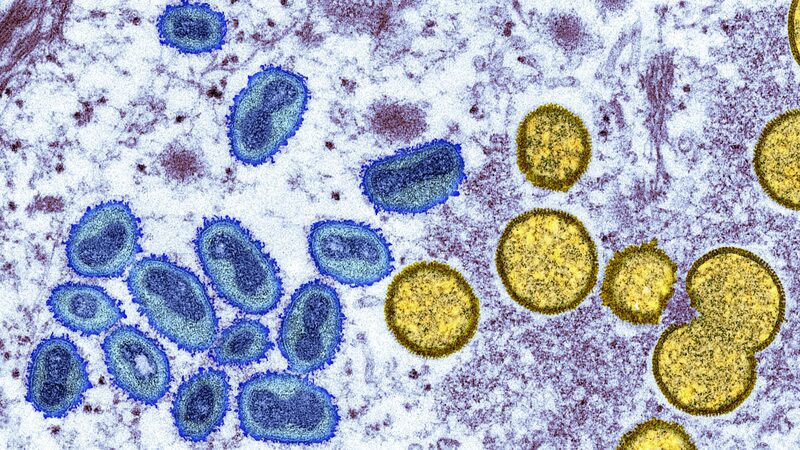Japan has confirmed its first-ever case of human-to-human transmission of a rare tick-borne disease, sparking fresh discussions about public health protocols. The news comes after a doctor in his 20s contracted Severe Fever with Thrombocytopenia Syndrome (SFTS) while treating an elderly patient last year. 🌡️
What Happened?
The 90-year-old patient, diagnosed with SFTS, visited an emergency room in April 2023. Despite wearing a mask and gloves, the young doctor who treated him—and later removed the patient’s catheter post-mortem—developed symptoms nine days later. Genetic testing confirmed both had identical virus strains, ruling out separate tick bites.
Why It Matters
SFTS, typically spread by ticks, has a fatality rate of up to 30%. While rare, this case highlights unexpected transmission risks for healthcare workers. The doctor has since recovered, but experts urge hospitals to review safety measures, especially during high-risk procedures. 💉
Japan’s NIID stressed that such transmissions are extremely uncommon, but called for 'vigilance in clinical settings.' No further cases have been reported.
Reference(s):
Japan confirms 1st human-to-human spread of tick-borne viral disease
cgtn.com




